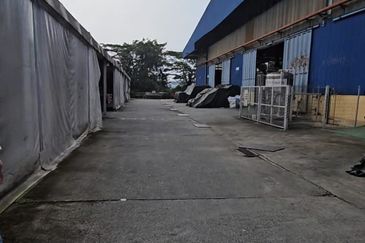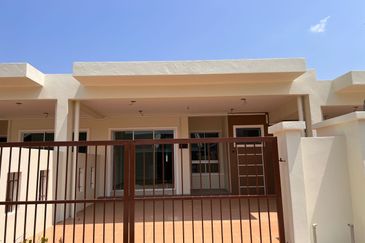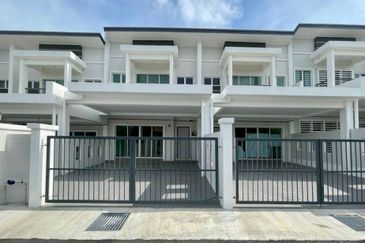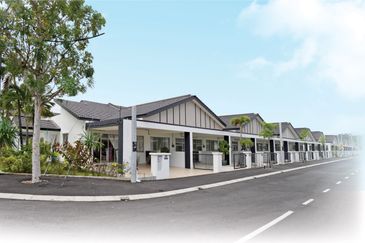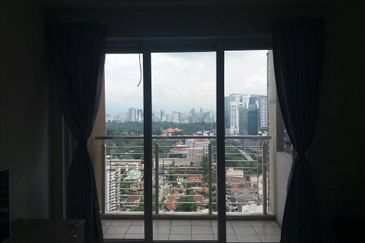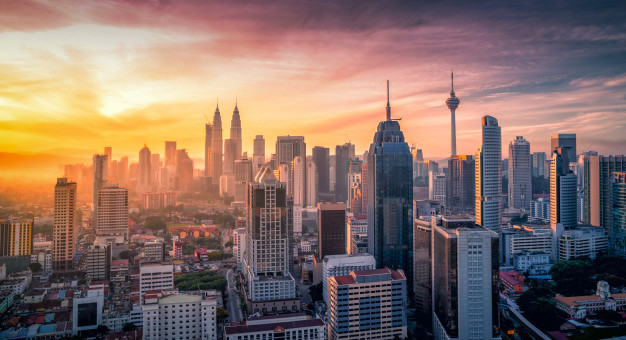
KUALA LUMPUR (March 16): Malaysia, which is on the verge of crossing the high-income nation threshold, needs to implement strong reforms by investing in human capital, increasing female force participation and implementing policy changes that improve productivity growth to boost the country's economic growth in the long run, according to the World Bank.
These are the three areas where it currently lags behind others and requires reforms to mitigate its declining growth rates.
Based on the growth experiences of today’s high-income countries, the World Bank’s long-term growth model suggests that a strong reform package could roughly double Malaysia’s future economic growth rate compared to a projected baseline.
Under the moderate reform scenario, Malaysia's gross domestic product (GDP) growth rate is expected to fall to 2.9% by 2050, which is around 1.5 times that of the baseline. The higher growth impact of the reform scenario clearly benefits from stronger contributions from growth in human capital, total factor productivity and female labour force participation rate, the bank said.
Under the weak reform scenario, its GDP growth rate is expected to decrease from 4.5% to 2% over the next 30 years, which is similar to the fall in growth in the baseline. Under this reform scenario, growth initially declines more quickly than the baseline mostly due to lower private and public investments, but recovers due to higher human capital growth and female labour force participation.
Of the components of human capital, the World Bank said the quantity and quality of education provide the biggest boost to economic growth in the long run. It warned that if Malaysia stays at the current level of educational quality and health, which is the 25th percentile of high-income countries, human capital accumulation will not contribute much to economic growth.
As for Malaysia’s female labour force participation, which currently stands below the 25th percentile of high-income nations, the World Bank has recommended improving it by reducing or eliminating barriers to economic opportunities for women through legal reforms, introducing more economic and societal support for parents, and addressing gender norms and attitudes that perpetuate disparities.
To increase total factor productivity growth, the bank said this could be done through enabling environment measures that would boost innovation, infrastructure, skills, and institutional quality.
In conjunction with the release of its report today, titled "Aiming High — Navigating the next stage of Malaysia's development", the World Bank projected that Malaysia is likely to make the transition from its current upper-middle-income economy to a high-income economy within the next fives years.
Malaysia‘s average gross national income (GNI) per capita is estimated to have reached US$11,200 in 2020, only US$1,335 short of the current threshold level of US$12,535 that defines a high-income economy.
The report highlighted that the development model that worked in the past is no longer enough to help Malaysia navigate the next stage of its development. A different set of policies and institutions will be required to improve the quality, inclusiveness, and sustainability of economic growth in the future.
The report also noted that to best prepare for this likely income transition and to ensure Malaysia does not trail behind other high-income and developed countries, Malaysia will have to find ways to boost economic growth, improve its competitiveness, create high-quality jobs, strengthen its institutions, ensure greater inclusion, and strengthen its capacity to finance the transition to high-income and developed nation status.
Get the latest news @ www.EdgeProp.my
Subscribe to our Telegram channel for the latest stories and updates
TOP PICKS BY EDGEPROP

Country Heights Kajang
Country Heights, Selangor

Bandar Puteri Puchong
Bandar Puteri Puchong, Selangor

D'Cerrum Apartment @ Setia EcoHill
Semenyih, Selangor

D'Cassia Apartment @ Setia EcoHill
Semenyih, Selangor

Harmoni Apartment @ Eco Majestic
Semenyih, Selangor
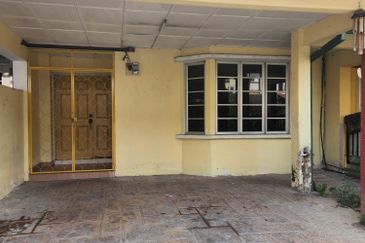
Taman Bukit Rahman Putra
Sungai Buloh, Selangor
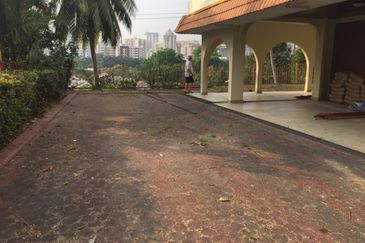
Damansara Heights (Bukit Damansara)
Damansara Heights, Kuala Lumpur

